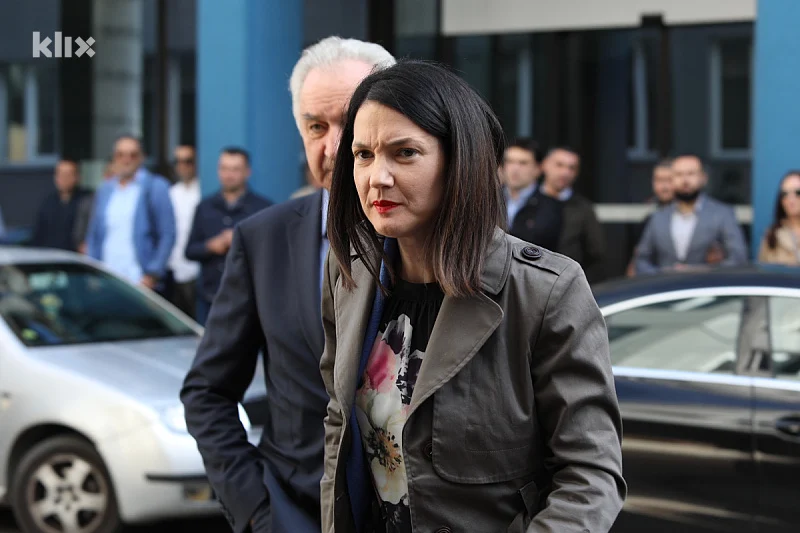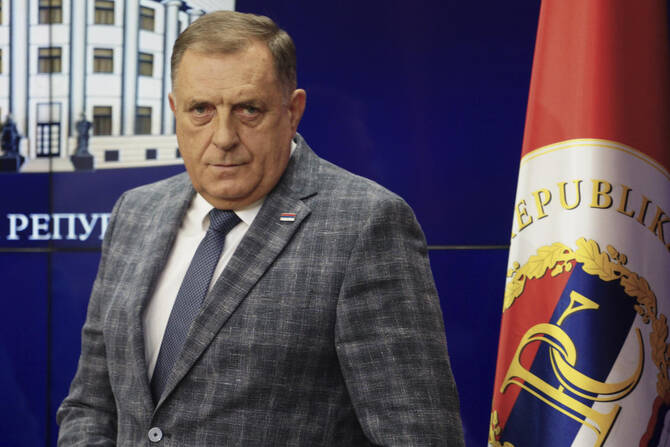
In a bold political statement that has sparked significant debate across Bosnia and Herzegovina, Jelena Trivić, a leading opposition figure in Republika Srpska, strongly condemned the recent court ruling against Milorad Dodik. In a statement to the media, Trivić called the ruling not only politically motivated but also detrimental to the common interests of the Serb community.
Milorad Dodik, the leader of Republika Srpska and an influential player in Bosnian Serb politics, was recently convicted by a court on charges of violating rulings issued by the Constitutional Court of Bosnia and Herzegovina. The ruling has drawn strong reactions from both his lawyers and opponents.
Although international organizations have largely endorsed the decision as a move to uphold the rule of law, domestic reactions have been increasingly polarized.
Trivić, who has consistently identified as an independent and critical figure in the Serbian political landscape, expressed concern about the influence of judicial institutions on political directions. “It is inappropriate for the judiciary to decide political outcomes,” he said. Democracy is at risk when the judiciary interferes in political matters, he said.
He stressed that the decisions further deepen divisions in Bosnia and Herzegovina and increase the sense of marginalization felt by many Serbs within the federation.

“This election will not promote reconciliation; instead, it will deepen existing divisions.”
It serves as a warning to the Serb population that their elected officials may face legal consequences for carrying out their political duties. Trivić urged international players to adopt a more balanced and proportionate stance on Bosnia’s internal political affairs. He argued that political disputes should be resolved through democratic debate and institutional change, not through courts that some see as biased.
Although he did not openly endorse Dodik’s actions, Trivić emphasized that the order establishes a perilous precedent for political expression and liberty in Republika Srpska. His remarks have ignited additional conversation regarding the conflict between legal duties and political liberties Trivić’s comments highlight the delicate balance between law, politics, and ethnic identity in the post-war Balkans.


